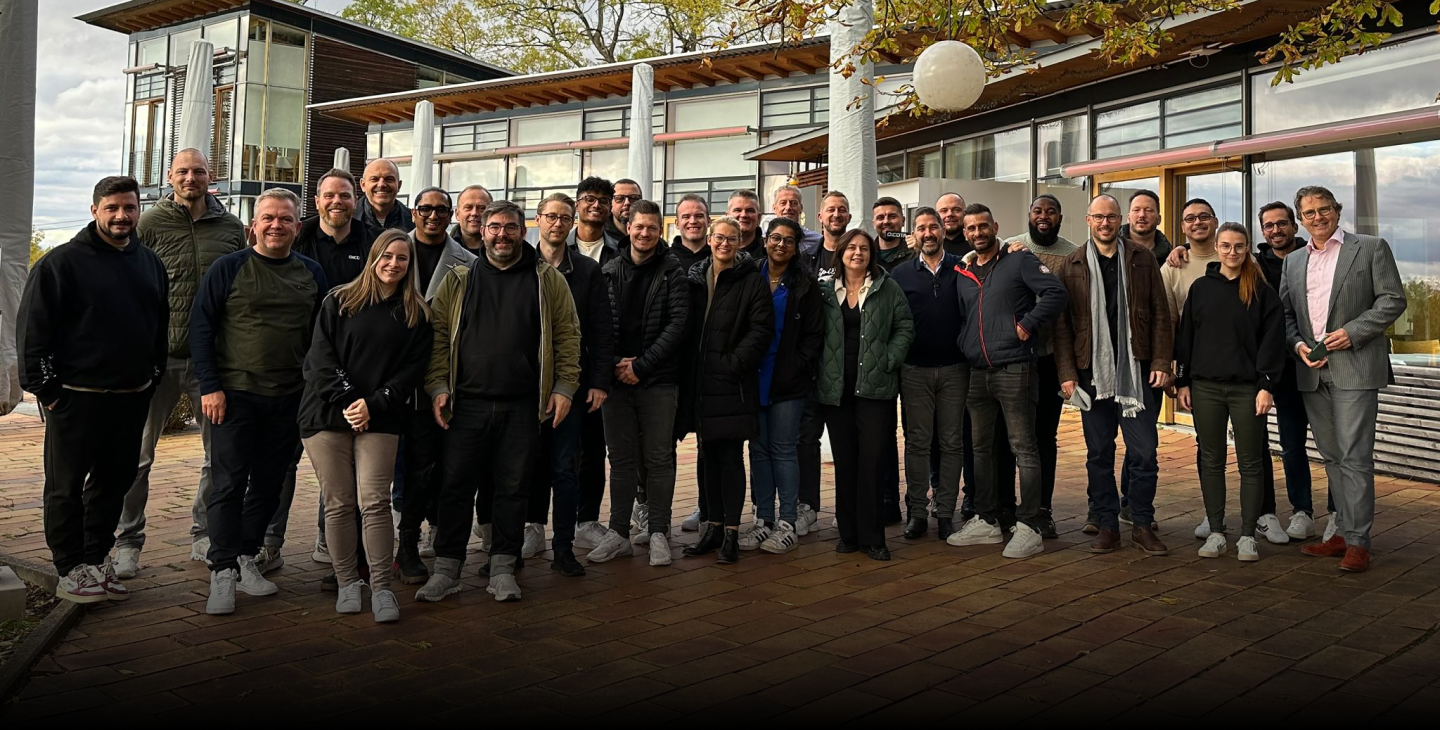
AI-supported precision medicine for breast cancer prognosis and prediction

The customer
The challenge

In oncological diagnostics, biomarkers such as Ki67, ER, PR and Her2 play a central role in therapy decisions. These markers are typically identified through elaborate and costly immunohistochemical (IHC) staining. The goal of the project was to investigate whether this information could also be predicted directly from more widely available hematoxylin-eosin (HE) stained images using machine learning.
A particular challenge lay in the elastic registration of gigapixel image data: for reliable model training, HE images had to be precisely aligned with the corresponding IHC images, despite differences in color, resolution and format. This accurate mapping was essential for generating training data and enabling meaningful prediction of IHC markers from the HE images.
The elastic registration of the gigapixel image data posed a particular challenge: For reliable model training, HE images had to be precisely aligned with the corresponding IHC images, even though they differed in color, resolution and format. This precise assignment was essential in order to generate training data and enable a meaningful prediction of the IHC markers from the HE images.

Solution

Together with YottaSen, we developed a machine learning solution for predicting oncological biomarkers (Ki67, ER, PR, Her2) directly from HE-stained histology images. The initial focus was on data preparation: the different image modalities - HE and IHC - had to be registered automatically, reliably and with high precision in order to generate a valid training set.
On this basis, an initial ML pipeline was set up, which included image pre-processing, model training and evaluation. The aim was to test the predictive power of the HE images in relation to specific IHC markers and to create a basis for the development of a robust prediction model.
Results & effects

The project confirmed the fundamental feasibility of extracting biomarker-relevant information from HE images using machine learning. The ML pipeline developed enabled the first reliable predictions for individual markers and provided valuable insights into the potential and limitations of this method.
With the roadmap developed, YottaSen now has a clear strategic and technical basis for the further development of an ML-based analysis tool that can contribute to faster, more cost-effective and more personalized diagnostic procedures in the long term.
Overview
- YottaSen Research Ltd.
- Focus on AI-supported image analysis in breast diagnostics
- Specialized in HE- and IHC-based procedures in oncology
- Combines in-depth medical expertise with state-of-the-art machine learning technology
- Machine learning for digital pathology
- Analysis of histological image data
- Prediction of biomarkers from HE sections
- Development and evaluation of an ML pipeline
- Proof of concept & creation of a technological roadmap

.png)










